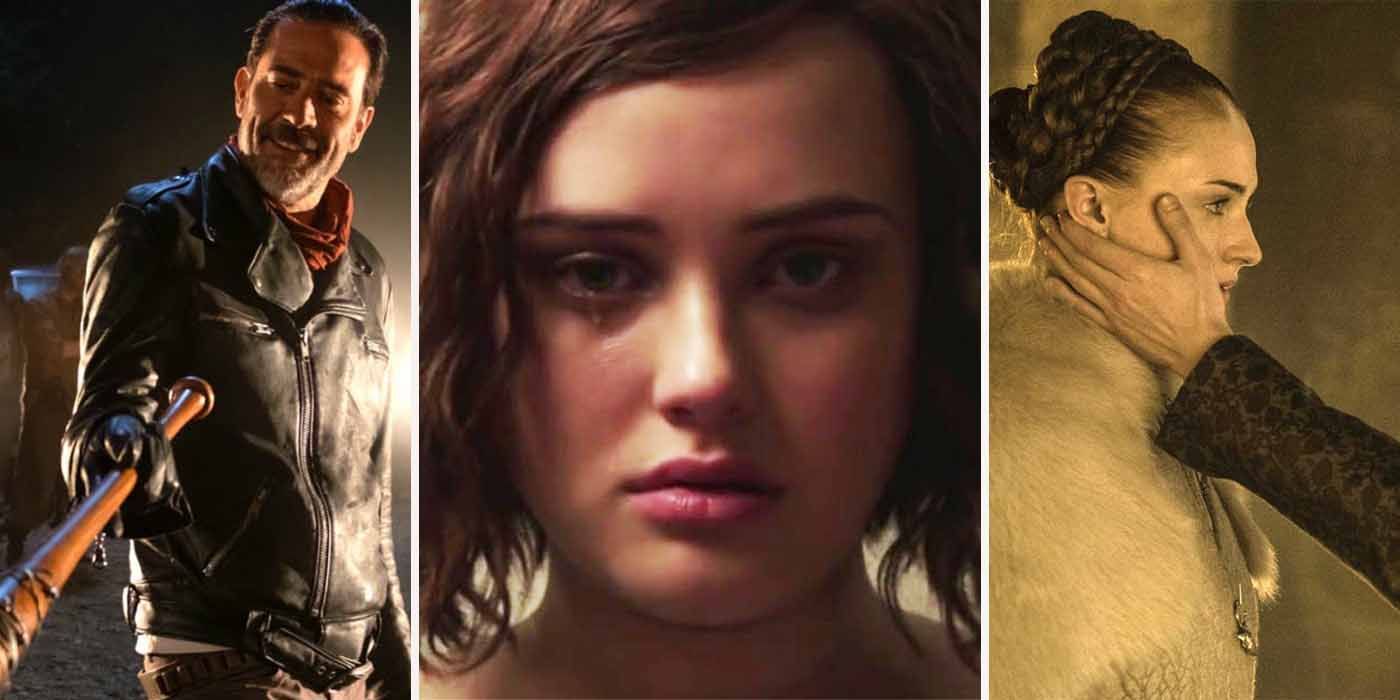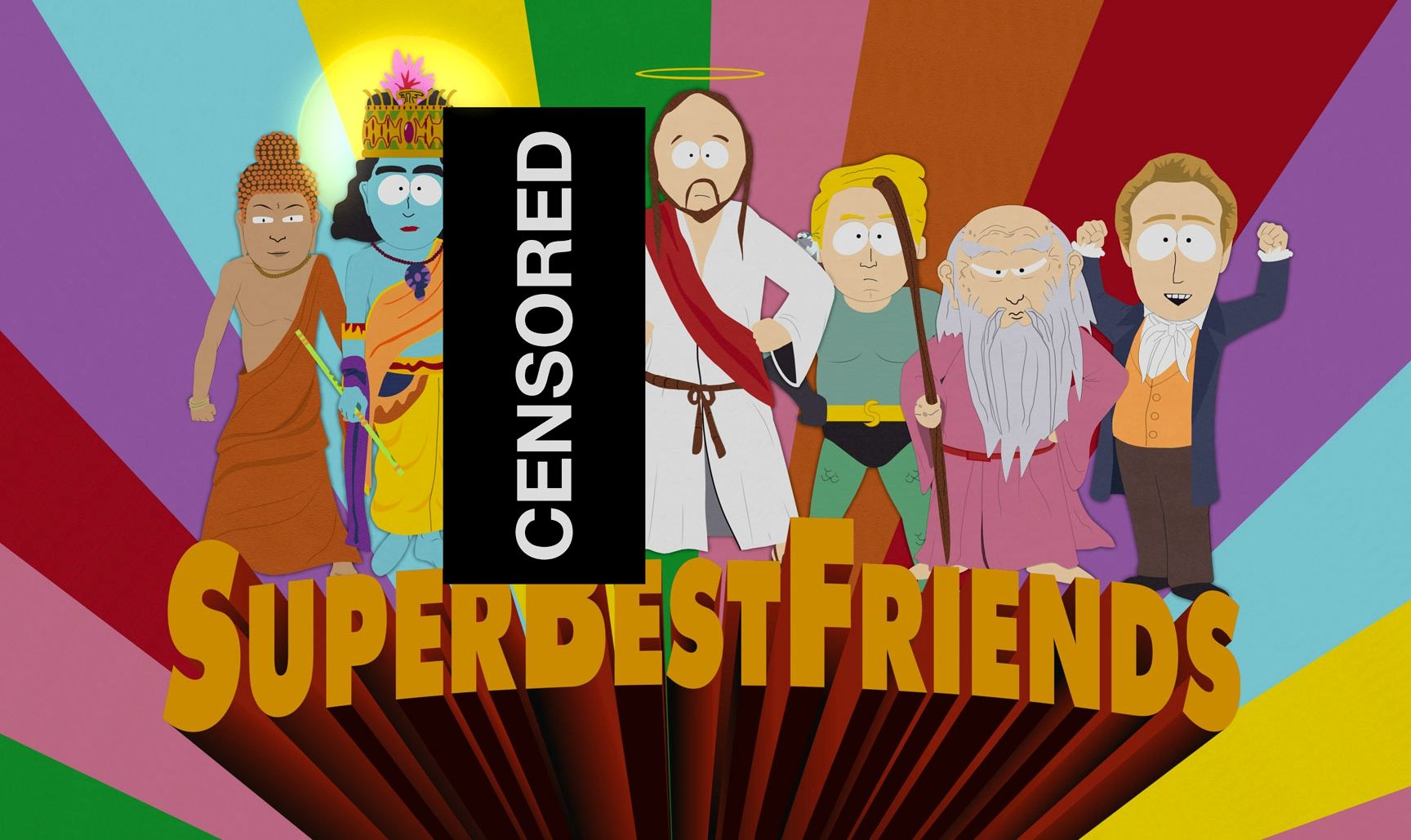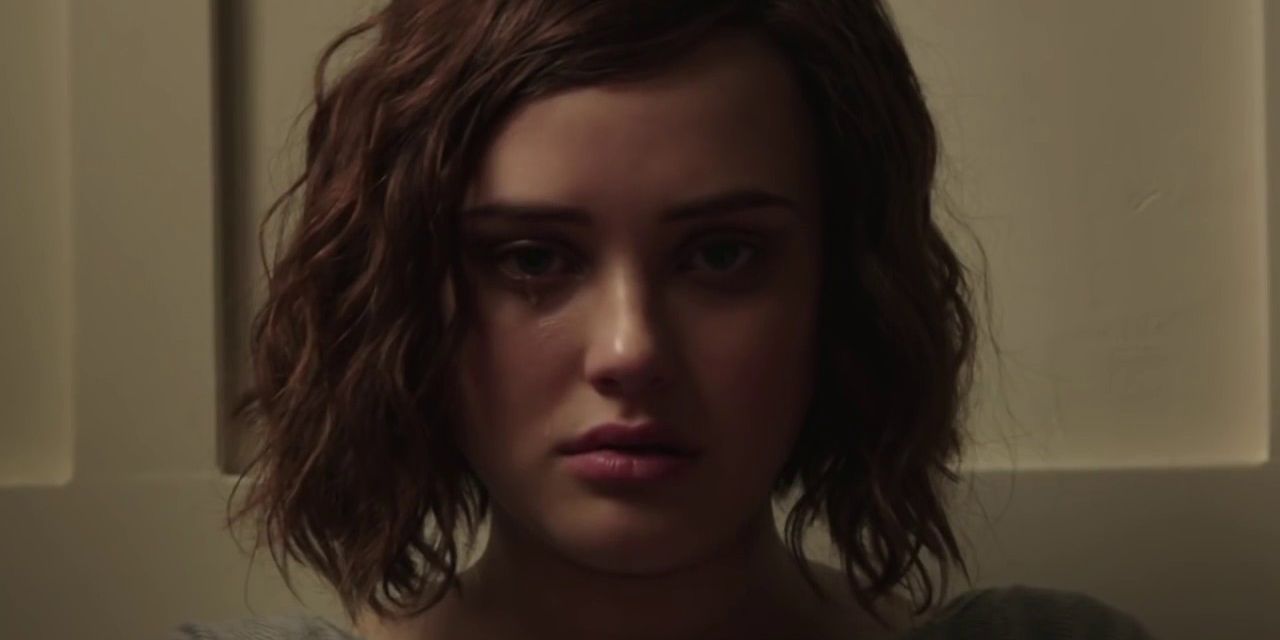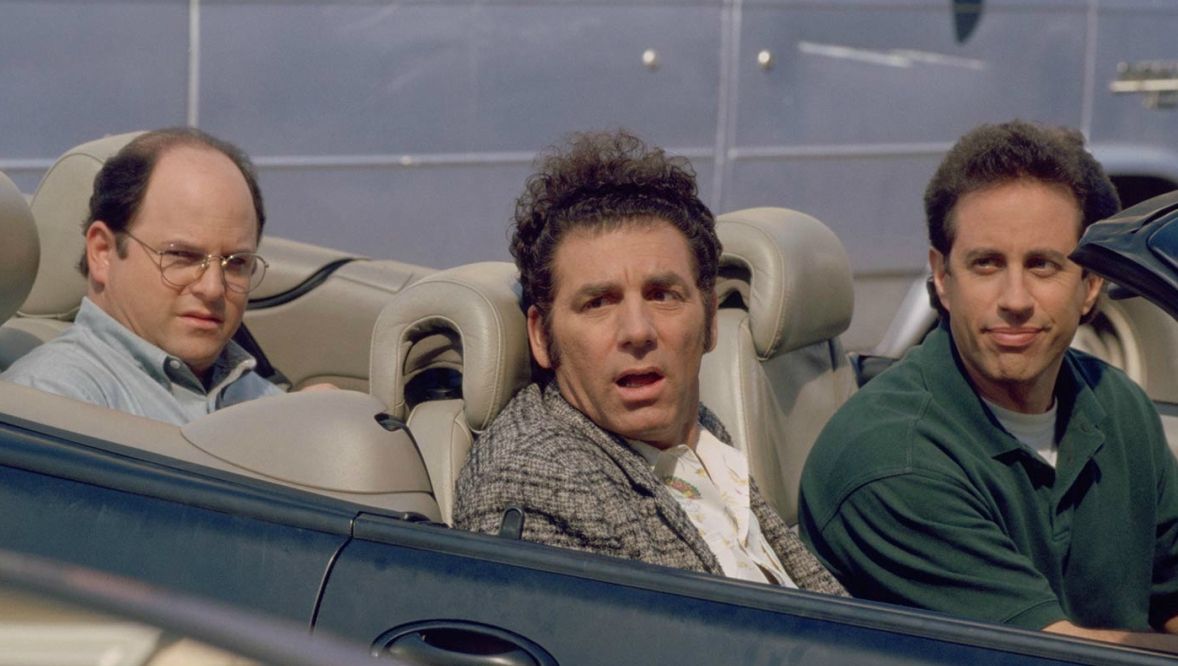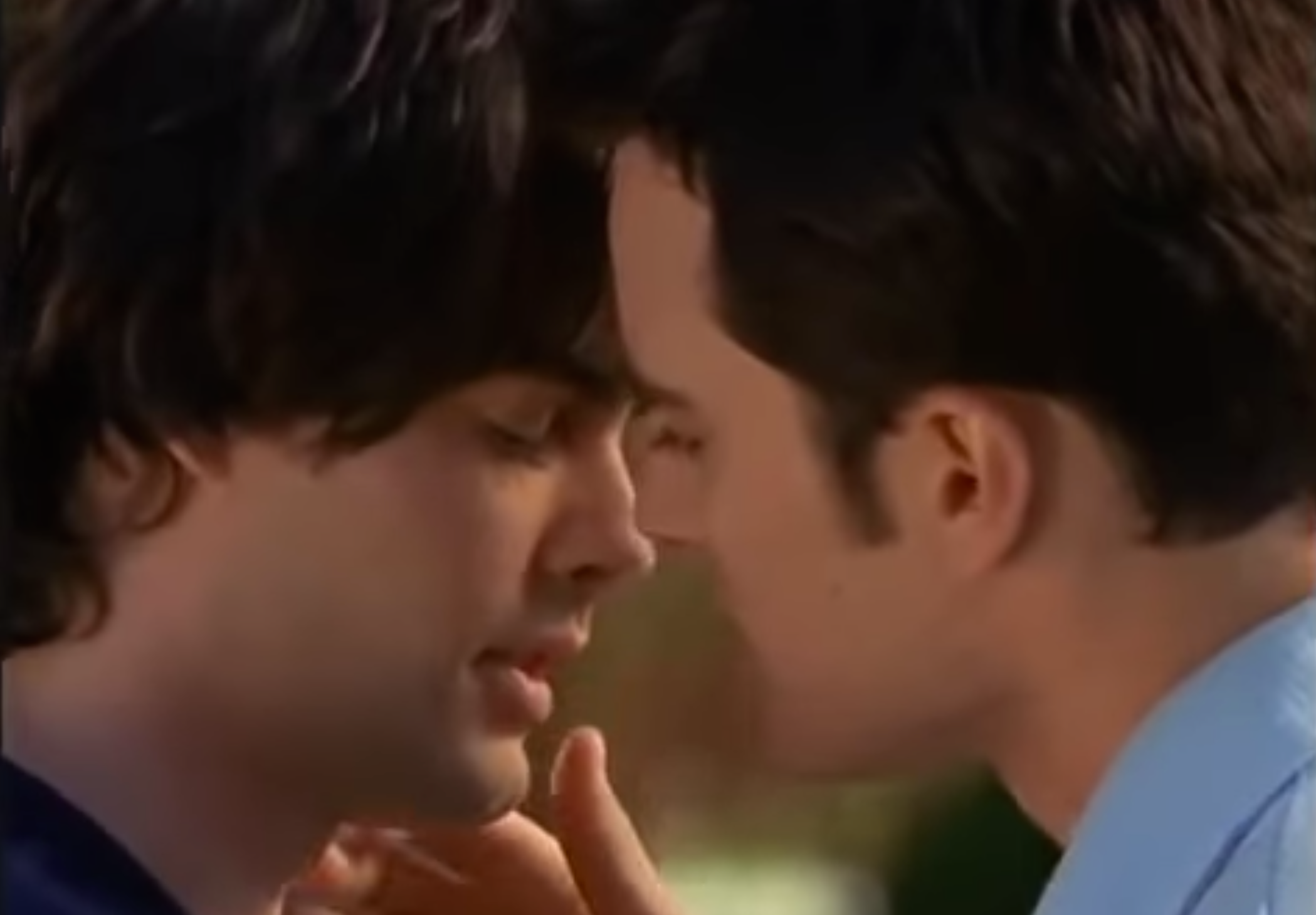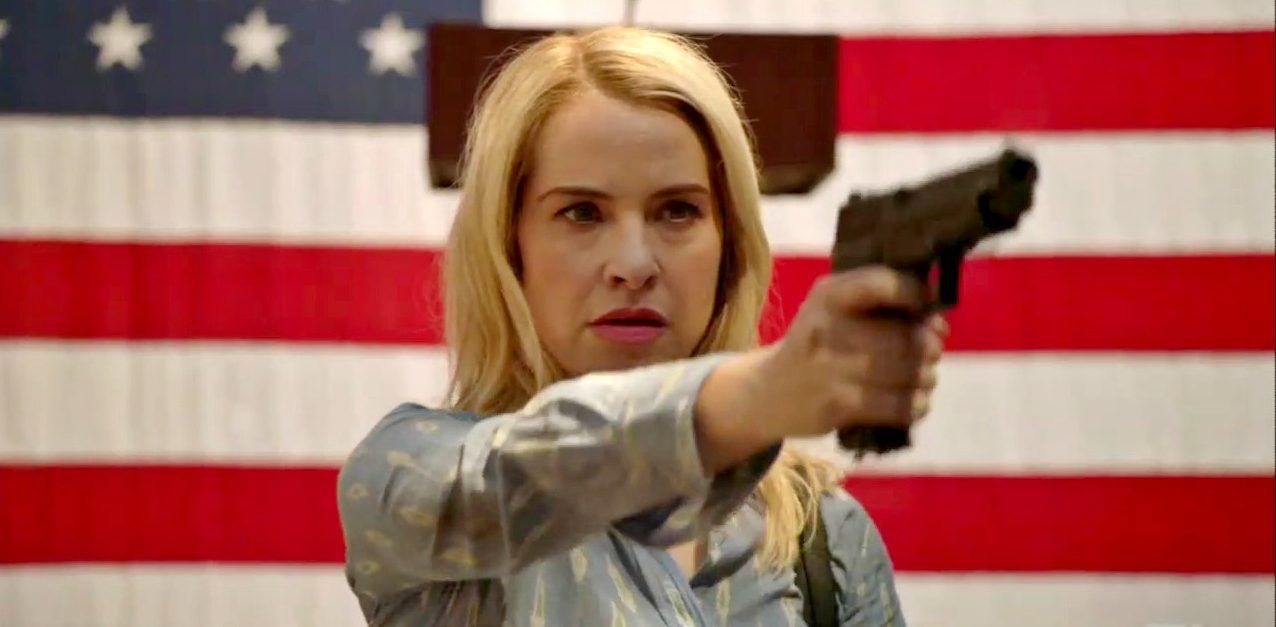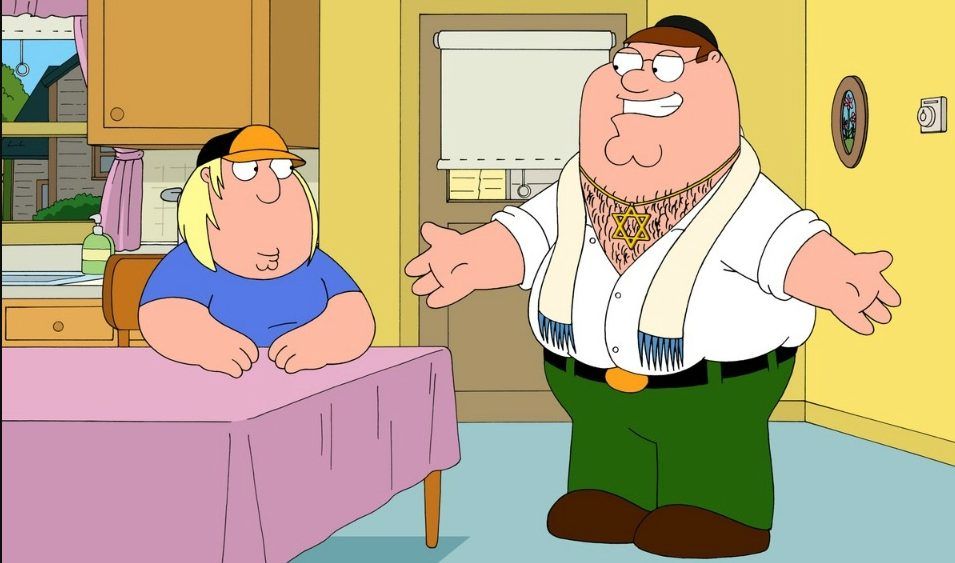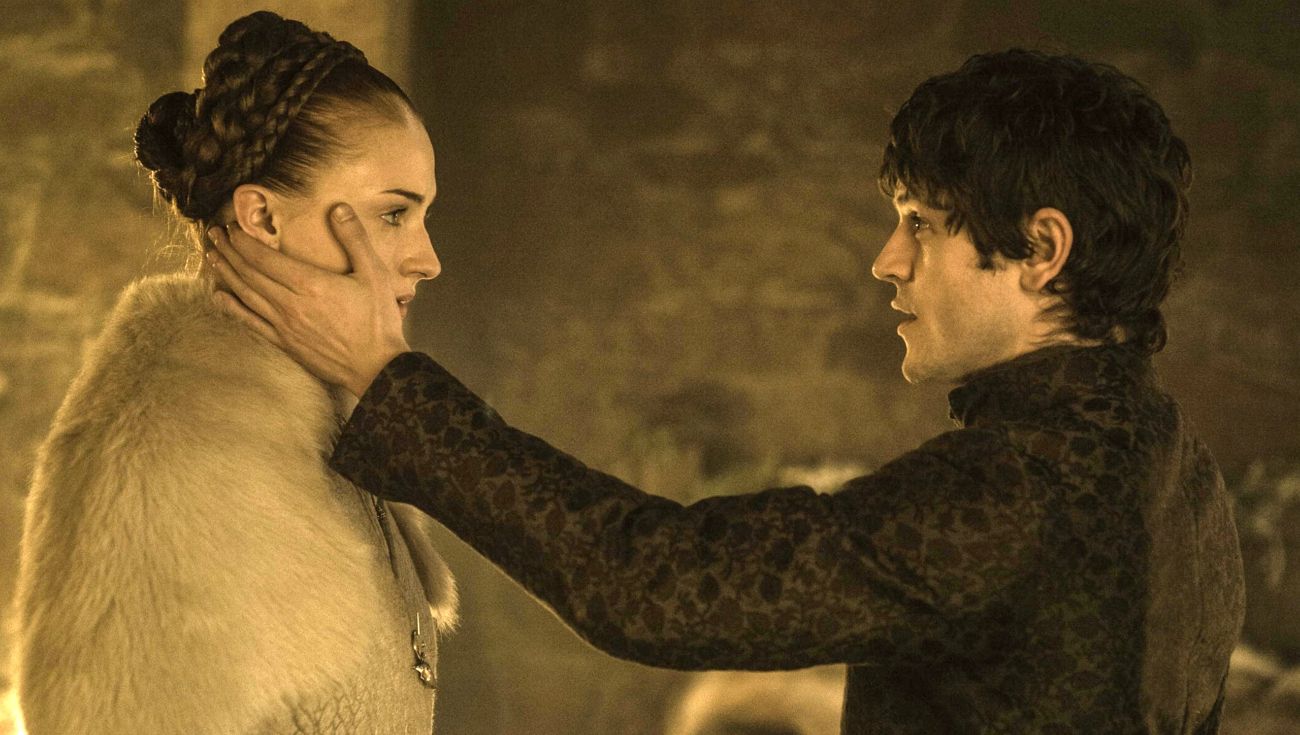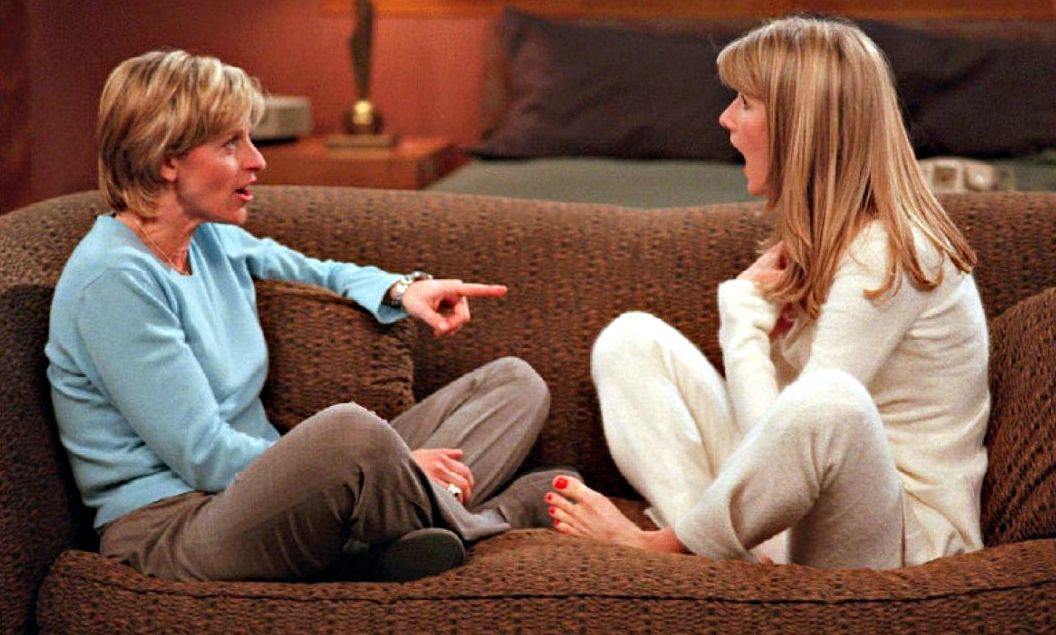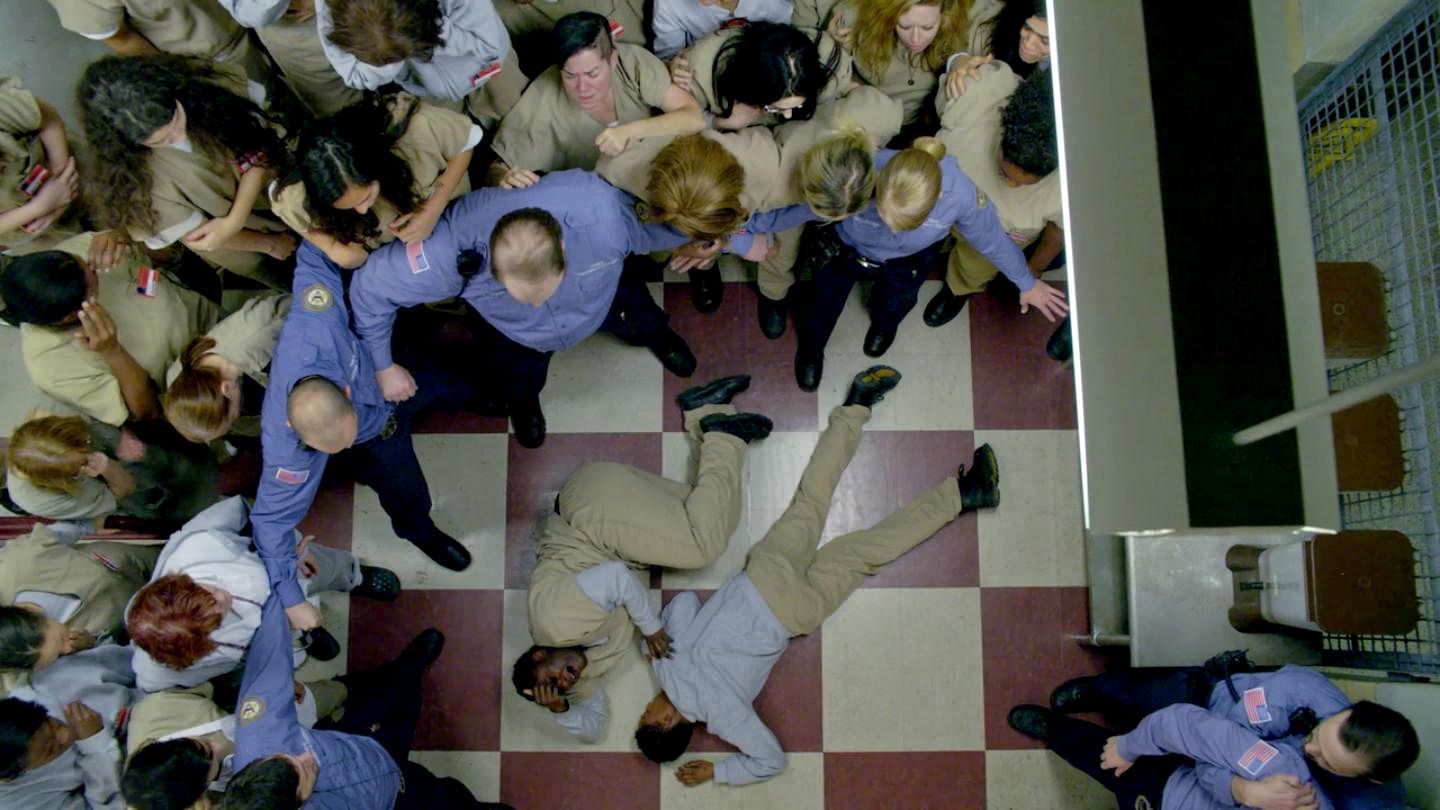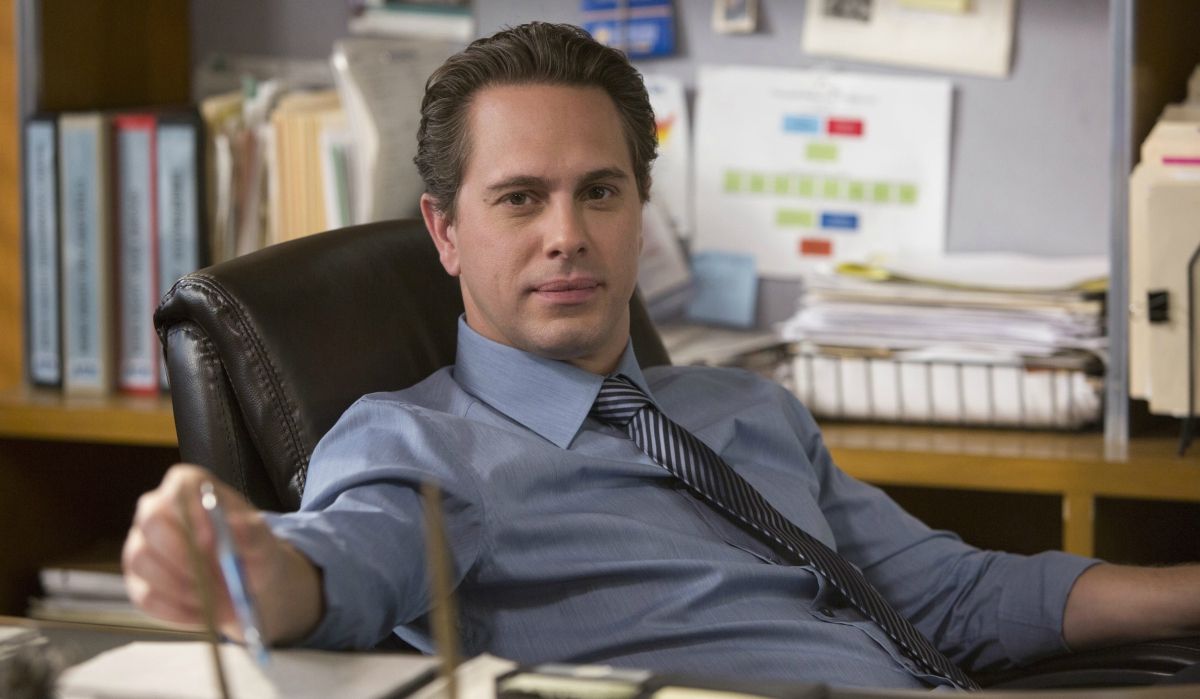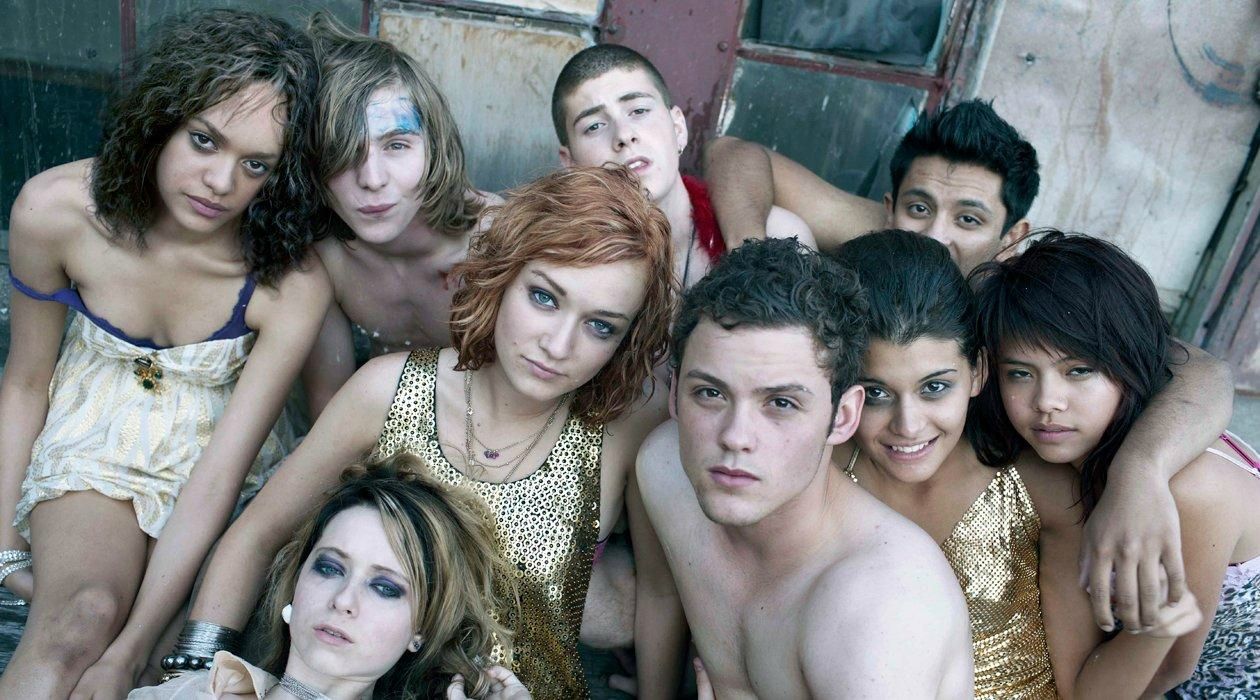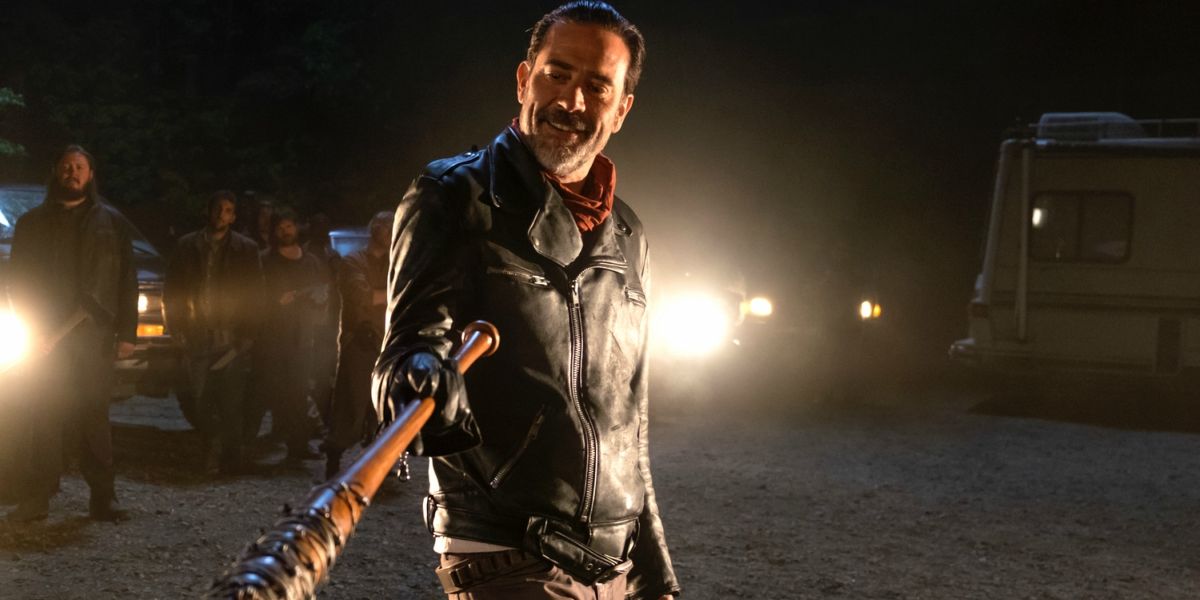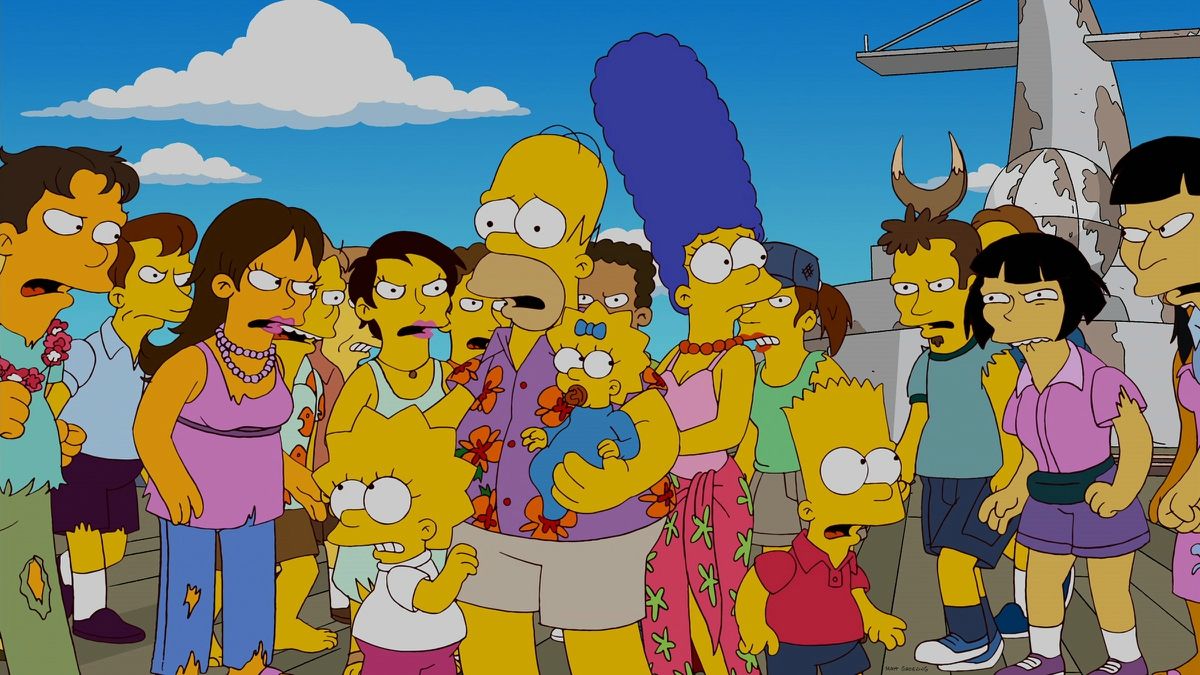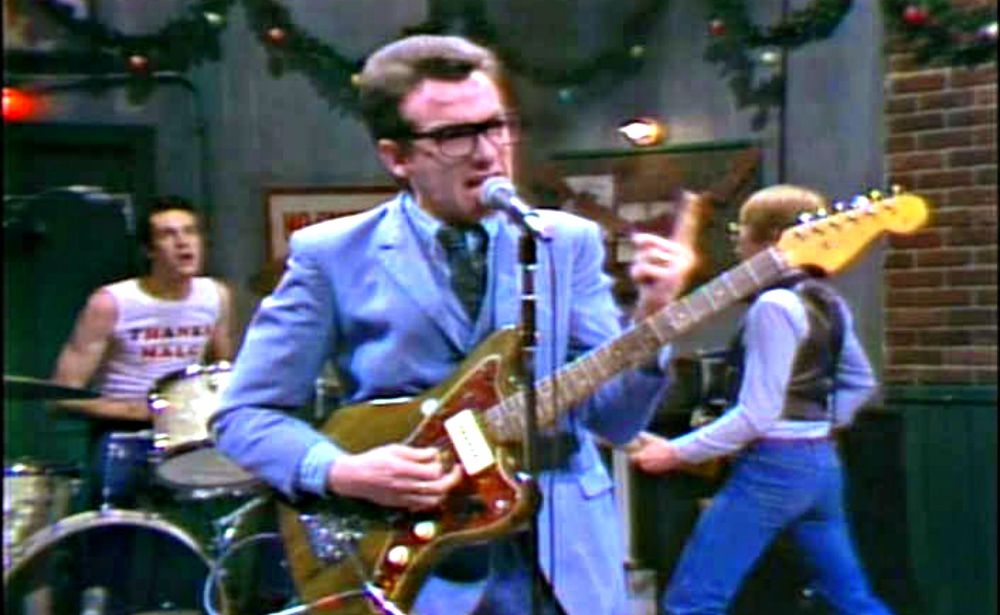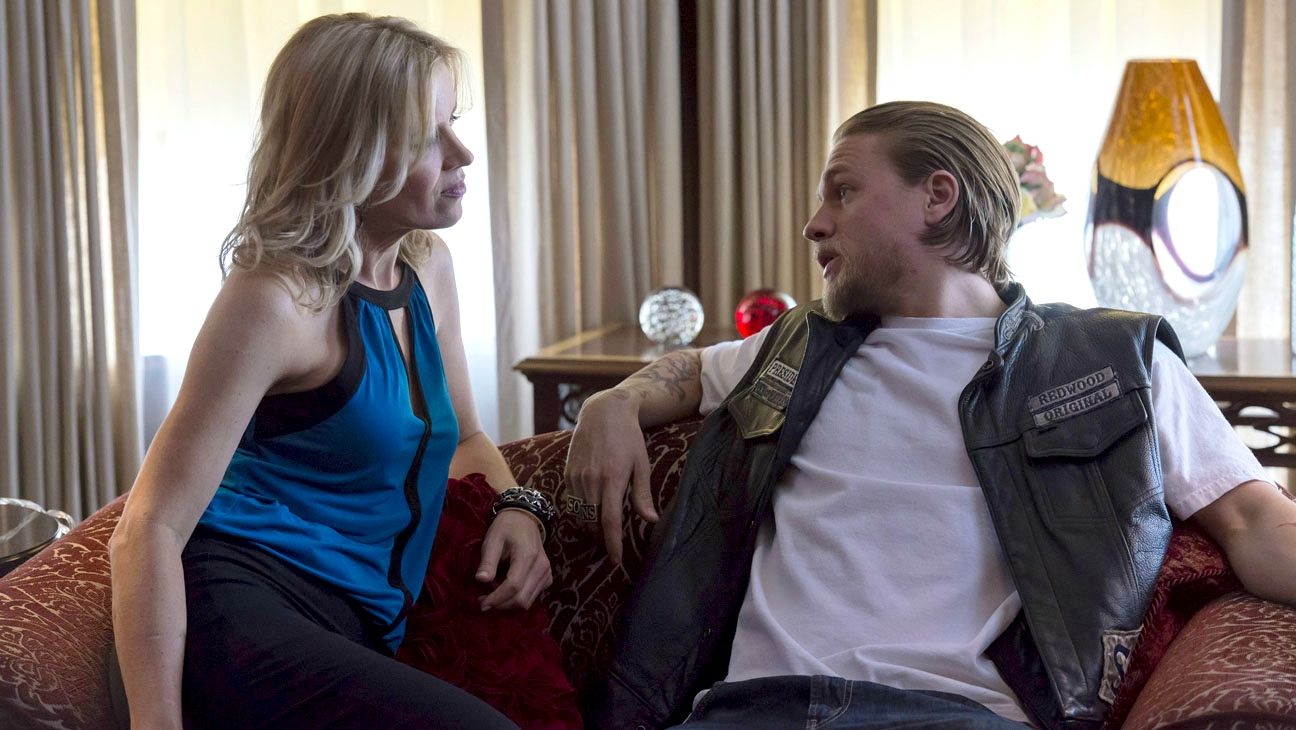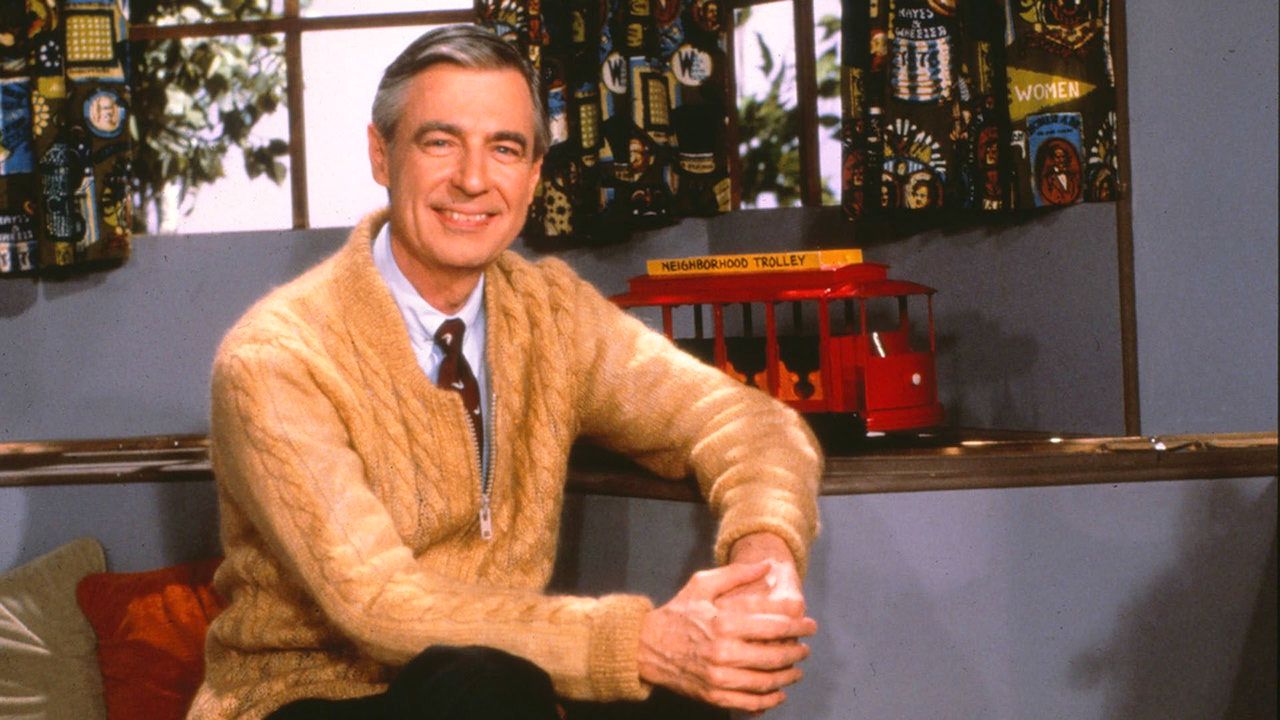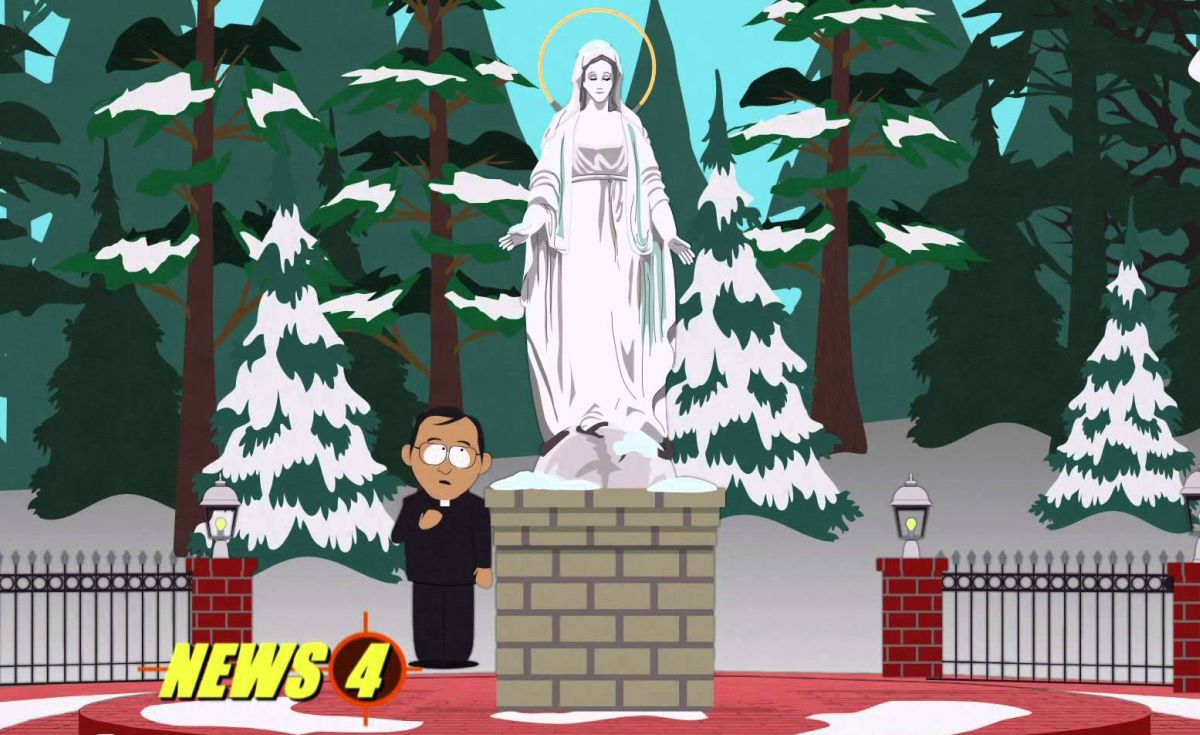With new ways to find entertainment coming out every day, it's becoming easier for a TV series to push the limits and shock their audiences. With platforms like Netflix, Hulu, and HBO, who don't need to cow to broadcast standards, we're starting to see a huge change in what is deemed "okay" for television.
This, of course, isn't always the case. Many of the most iconic and controversial TV moments of all time happened far before unedited platforms were a popular option, and many networks still receive backlash today for what they choose to air on primetime TV.
The following TV scenes range from shocking and appalling, to culturally influential milestones that will be remembered for years to come. While some networks and showrunners tried to distance themselves from the controversy, just as many embraced it and are happy to have made their stamp in television history.
These are the 17 Most Controversial TV Scenes Of All Time.
South Park - Muhammad
It's no surprise that South Park is the source of countless controversial scenes. In fact, an entire list of strictly South Park scenes could definitely work. It's become Trey Parker and Matt Stone's specialty to shock and disturb their audience, but sometimes they go much further their usual dark humor.
One scene, in particular one character that Parker and Stone decided to include in the show's 200th episode, caused some serious outrage from the Muslim community. The prophet Muhammad was depicted in this episode, and even though he was censored, many still took issue with the satirical way South Park approached his depiction.
This resulted in episodes "200," "201," and "Super Best Friends" being censored by Comedy Central and they even became unavailable on many platforms. Nevertheless, in some South Park season intros, Muhammad can still be seen fully uncensored.
13 Reasons Why - Hannah's Suicide
Based on the best-selling book by Jay Asher, the Netflix drama 13 Reasons Why has made some big waves since it came out this year. Conversations about how the show handled the topic of suicide arose from the beginning, but the most controversial scene happens in the season finale.
The episode begins with a warning to viewers about violence and depictions of suicide to follow. Hannah's death scene consist of a completely unedited sequence where Hannah slits her wrists in a bathtub. Many were outraged, saying the show might as well have given a step by step guide to suicide, and claiming it was a huge trigger for teens experiencing suicidal thoughts.
The creators of the show, specifically author Jay Asher defended the decision to include Hannah's death scene, saying "you can't watch it and feel like it's glamorized in any way."
At the very least, 13 Reasons Why started a big discussion on how we should handle and often avoided topic.
Seinfeld - Puerto Rican Day Parade
This may be one of the only times NBC regretted airing an episode of Seinfeld. Adored by many, the iconic sitcom usually found a perfect balance between quirky and funny, but Seinfeld's 176th episode "The Puerto Rican Day" completely missed the comedy mark.
In this scene, Jerry, Elaine, George, and Kramer get stuck in a traffic jam due to a Puerto Rican Day parade. Kramer then goes on to offend an entire community by accidentally setting fire to the Puerto Rican flag, stomping on it, and at one point exclaiming, "it's like this every day in Puerto Rico!"
Naturally, many Puerto Ricans were upset. The president of the National Puerto Rican Coalition spoke out against the show, and protests even occurred outside of NBC studios. NBC eventually issued on apology, and pulled the episode from their reruns.
Dawson's Creek - First Gay Kiss
Believe it or not, the '90s angsty teen drama Dawson's Creek brought about a huge milestone for gay representation on television. In an episode that aired in 2000 titled "True Love," audiences saw the first ever passionate gay kiss shown on primetime television.
Before this scene, gay relationships on television were relatively watered down. Even a show like Will & Grace that starred two gay characters had shown nothing more than innocent pecks or joke kisses until this point.
Though the kissing scene in Dawson's Creek was met with some conservative backlash, the resounding response was "finally." It showed audiences that passionate love scenes should not only be reserved for straight couples, and because of this, many other network TV shows were able to more freely depict homosexual relationships from this point forward.
American Horror Story - Mass Shooting
Sometimes, art imitates life, and American Horror Story: Cult had to learn quickly how to react to this happening. The recent deadly mass shooting in Las Vegas just so happened to line up with an episode of AHS Cult where a mass shooting takes place at an election rally.
American Horror Story: Cult has done a spectacular job so far of reflecting our current political and social state, but when the mass shooting in Vegas occurred, the network and show runners decided that the mass shooting episode needed to be edited for fear of some viewers finding the scene traumatic, being aired so close behind the Vegas tragedy.
While the scene was still difficult to watch, extended shots of rally-goers getting killed were edited out. The edited scene was played for live cable viewers, but the full and unedited scene is available on the FX app.
Family Guy - "I Need A Jew"
"When You Wish Upon a Weinstein" is a Family Guy episode that almost never saw the light of day. In the episode, Peter prays for a Jewish person to help him with his financial situation, and even considers converting to Judaism solely for the financial gain. To probably nobody's surprise, Fox found the episode's plot to be too anti-semetic to air, and one scene in particular almost cost them a lot of money.
Peter's song "I Need a Jew" is a parody of the song "When You Wish Upon A Star." The publishing house of "When You Wish Upon A Star" sued Fox, saying that the Family Guy parody was offensive and claiming that the nature of the song tarnished the reputation of their own song.
Ultimately, the law suit was dropped, and the episode eventually went back on the air.
Game Of Thrones - Sansa's Wedding Night
Game of Thrones is another one of those shows that everyone expects controversy from, but one scene in particular went too far in the eyes of fans. Met with total outrage and even boycotts, Sansa's wedding night rape scene in season 5 left audiences shocked and disturbed.
In a scene that was not in the books, Ramsay Bolton forces Theon Greyjoy to watch as he rapes Sansa on their wedding night. The assault of a beloved character we've seen grow since childhood caused outrage, and in particular the focus on Greyjoy's discomfort overshadowing the victim was considered by many a misguided choice from showrunners who have added several non-canon assault scenes to the show.
Sohpie Turner who plays Sansa Stark said that she believes any discussion around sexual assault is a good thing, and doesn't think people should boycott the show because of it.
Ellen - Ellen's Coming Out
Ellen DeGeneres, at the time star of the sitcom Ellen, started negotiating her character's coming out with ABC long before the episode aired. When people got word of these negotiations, the new hot topic became DeGeneres's own sexuality, and speculation as to whether or not she was coming out too.
Advertisers threatened to pull their sponsorship - some, like Wendy's, actually did -and many religious groups pressured ABC to drop the episode. The episode aired anyway, and became the show's highest rated to date.
In the scene, Ellen tells her love interest Susan that she is gay, which is also loudly broadcast over the airport speaker system. Susan admits to having feelings for her, but says she cannot leave her long-term relationship.
Laura Dern who played Susan says she didn't work for over a year because she played that role, but also says she doesn't regret being part of such a great moment.
Orange Is The New Black - Poussey's Death
Many fans of Orange is the New Black praised the show for taking on the Black Lives Matter movement, but others condemned it for falling short with the overall message.
In a scene where the prisoners decide to protest their mistreatment, the women all stand on tables and refuse to come down. The guards start forcibly removing the inmates, and one guard in particular pins Poussey to the ground, knee on her chest so she can't breathe, which purposefully echos the murder of Eric Garner. Her body is then left on the cafeteria floor for an entire day, also echoing the mistreatment of Mike Brown's body.
The inspiration pulled from two of the most talked about deaths in the BLM movement was obvious in this scene, but some wondered if Orange is the New Black actually did enough. Ultimately, the show humanizes the officer causing the audience to find sympathy for him, and left fans wondering if Poussey's death was in vain.
The Newsroom - Campus Assault Cover-Up
Aaron Sorkin, creator of the TV series The Newsroom, was met with immediate backlash after airing an episode that tackled the topic of campus rape.
In this episode, a producer is tasked with finding a woman who had started a website for her campus where victims could anonymously name their attackers. Don Keefer - played by Thomas Sadoski - is supposed to convince the woman to go on TV and confront one of these named men. In one specific scene, Keefer ends up talking her out of it, saying that he felt "morally obligated" not to accuse someone who hasn't been convicted by a court of law.
The worlds "morally obligated" resonated with a lot of viewers, and Sorkin drew criticism from all sides. He was accused heavily of victim blaming, and it left many fans with a distaste for Sorkin after seeing his out of touch portrayal of such a serious issue.
Skins - Chris Takes Viagra
When the American version of the originally British show Skins came to TV, it was clear that the show would cause controversy from the start. The show revolves around the sexual and drug-induced adventures of a group of teenagers, and it definitely doesn't stray from taboo topics.
In one particular scene, the teen character Chris takes a Viagra pill. After admiring himself in the mirror, he ends up running down the street, still fully experiencing the effects of the pill, and we see him completely naked from behind.
The show had already sparked conversations about violating decency laws, and this scene put viewers over the edge. Those in the UK argued that sexual content such as this is far more favorable than the gratuitous violence seen in crime shows like Law & Order. Ultimately, cultural differences caused two very different reactions to the same concept.
The Walking Dead - Glenn's Death
It's hard to say what fans were more angry at after Glenn's death scene: the violence, or the runaround. Since theseason 6 finale of The Walking Dead, fans familiar with the comics were definitely expecting Glenn's death in the season 7 premiere.
Glenn's death had already been faked-out once before (remember the dumpster?) but when Negan decided to go for Abraham first, fans were shocked. Would this be another Glenn fake-out or would he live to see another episode? Well, no, he wouldn't. After Negan brutally beat Abraham, he did the same to Glenn.
The over-the-top violence sparked outrage, accusing the show of glorifying brutality and painting Negan as some kind of badass hero. Many fans vowed to stop watching after this episode, and with 5 million fewer viewers tuning in for season 7 episode 2, it's clear that Glenn's death had an impact.
The Simpsons - Rio de Janeiro
The Simpsons episode "Blame It on Lisa" is chocked full of offensive stereotypes of Brazilian people. Portraying the country as dirty and rat infested, along with portraying the people as criminals, the show's depiction of Rio de Janeiro was resoundingly negative.
This didn't go under the radar, and the people of Brazil immediately reacted. The general consensus was, as horribly as the city was portrayed, the worst part of the episode was the cultural inaccuracies. At one point in the episode, the Conga and the macarena are showed as being popular dances in Brazil - neither of which is true.
Riotour, Rio de Janeiro's tourist board, threatened to sue Fox over the negative portrayal, stating that they had just spent $18 million on a campaign to get more people to visit, and that The Simpsons negatively impacted their efforts.
Saturday Night Live - Elvis Costello's Rebellion
If there's one thing live TV can always promise, it's the ability to be unpredictable. Elvis Costello showed audiences this in full force when he performed on Saturday Night Live in 1977.
While playing their planned song "Less than Zero", Costello and The Attractions came to an abrupt stop when Costello stopped playing and said to the camera, "I'm sorry, ladies and gentlemen, but there's no reason to do this song here." He then began to play the song "Radio, Radio" which SNL took as a direct stab, seeing as how the song is about corporate control of what's broadcast on TV and the radio.
This stunt ended up getting Costello banned from SNL for over 10 years. He was eventually invited back, but this moment will forever go down as the most unscripted moment of SNL history.
Sons of Anarchy - Elementary School Shooting
At the end of the season 6 premier for Sons of Anarchy, a controversial elementary school shooting became a huge topic of conversation. Because of the close proximity to the events of Sandy Hook, many viewers felt that the show went too far.
In the controversial scene, an 11-year-old boy enters a school with his gun drawn and opens fire. Show creator Kurt Sutter spoke with many outlets about why he chose to include the scene even in the current political climate. Sutter told The Hollywood Reporter, “There’s a part of me that really didn’t want to do it because I’m opening myself up to being viewed as just doing it to be sensational." He also went on to say, "but I felt that I’m not going to not do it because I’m afraid of blowback.”
The blowback came, but ultimately the scene succeeded in showing the club's negative effect on the community.
Mr. Rogers - The Cold War
Just this past year, someone seemingly out of nowhere uploaded lost episodes of the popular children's TV show Mr. Roger's Neighborhood to YouTube. In these episodes, filmed in 1983, Mr. Rogers strangely goes out of character of his usual carefree material, and addresses the Cold War.
One scene in particular shows King Friday, the ruler of Mr. Roger's "Neighborhood of Make-Believe" starting to worry that a rival kingdom is making bombs in order to destroy him. His response is to order his kingdom to also make bombs and stockpile weapons in case the rival kingdom wants to start a war.
It's unclear why these episodes were so well hidden, but it is likely that the blunt political message of the episodes was too much for a children's network TV show at the time.
South Park - Virgin Mary
Even by South Park's standards, "Bloody Mary" was considered a highly controversial episode. As with anything that portrays the Catholic religion in a disrespectful manner, The Catholic League demanded that Comedy Central not air this episode, and that the episode "be permanently retired and not made available on DVD."
The scene in particular that caused outrage shows a statue of the Virgin Mary bleeding. Confusion arises to exactly where she is bleeding out of, resulting in Pope Benedict XVI coming to investigate. He realizes that she, in fact, is just getting her period, and since women get that all the time, there is no miracle to be seen.
South Park creators didn't seem to care about the backlash they knew they would receive, and to add insult to injury, the episode aired on the eve of the Feast of Immaculate Conception, which is directly related to the Virgin Mary.
---
Did we miss any controversial TV moments? Tell us in the comments!

